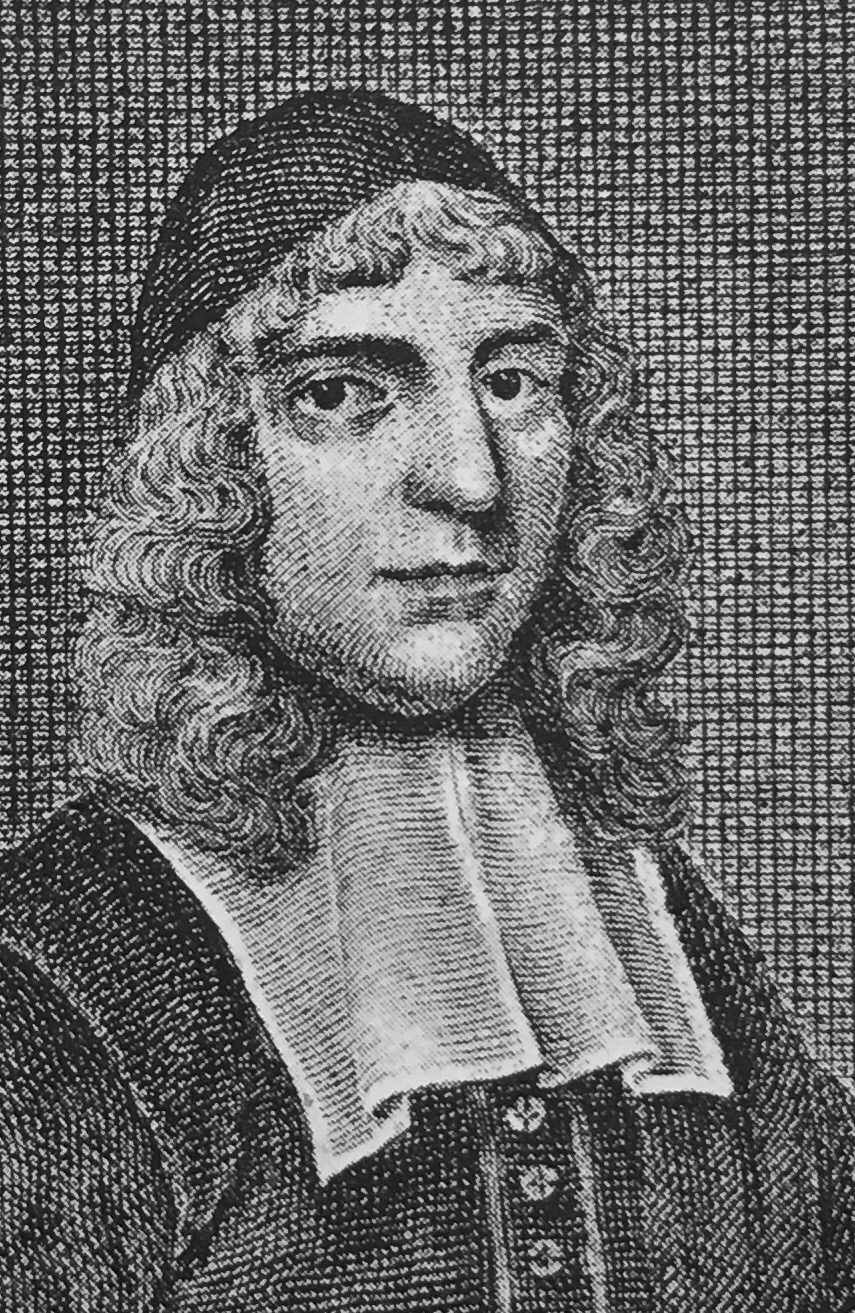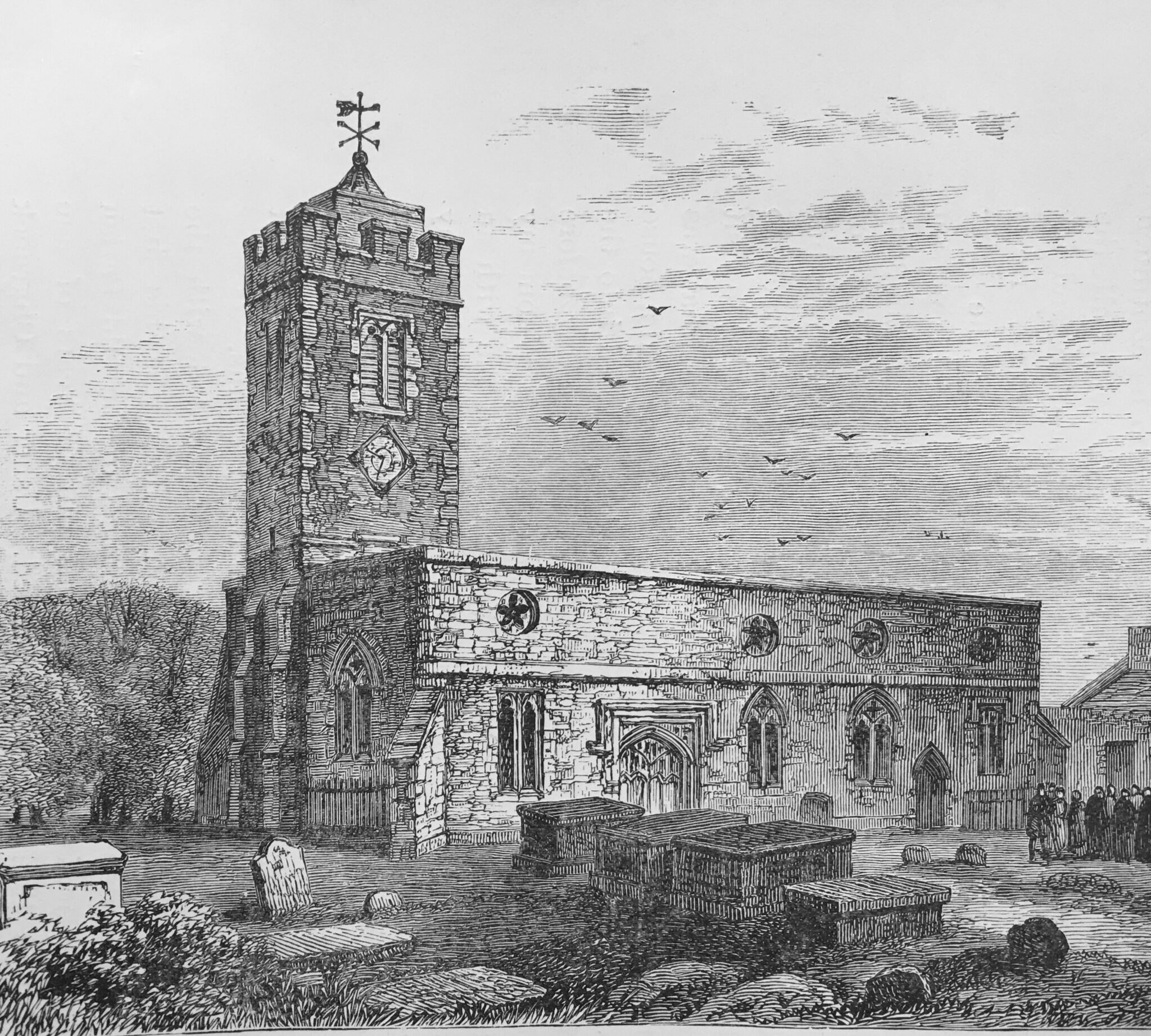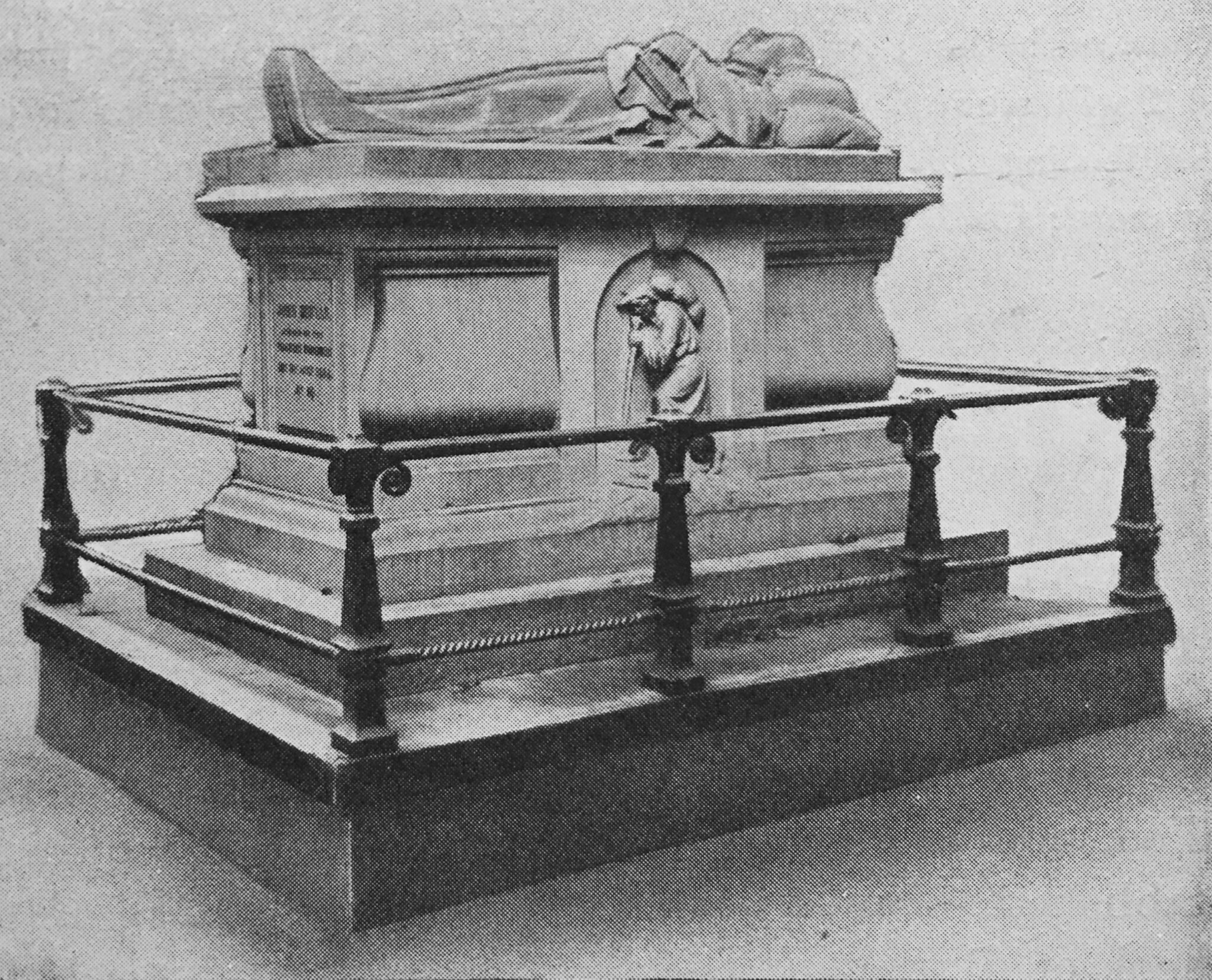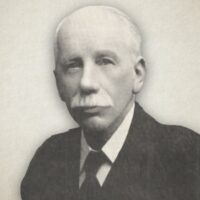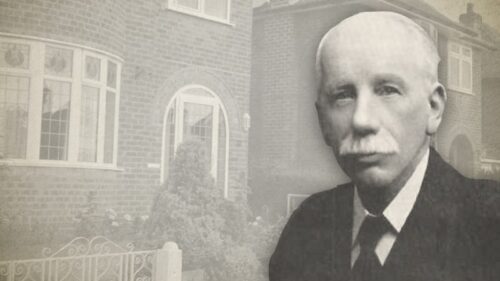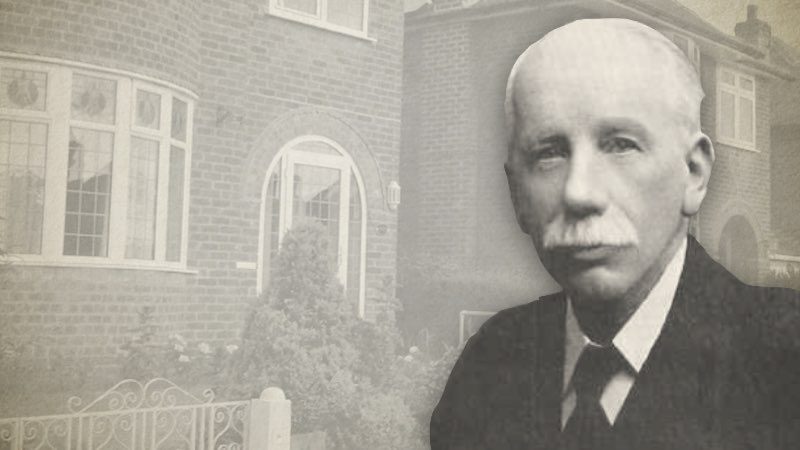
Chapter 3: The Puritans
“In doctrine shewing incorruptness, gravity, sincerity.”—Titus 2:7
The seventeenth century is the era of the Puritans, who have left behind them a vast mass of theology which is the common property of the Church of Christ; the neglect into which their writings have fallen is an unmistakeable token of spiritual degeneracy, for the absence of their works from a minister’s shelves can be compensated neither by Fathers, nor Reformers, nor by the ephemeral and often unscriptural religious literature of the day. It may be at once admitted that many of their works are over-cumbered by references to works little known and altogether unread; but in the best there are experience, unction, warmth; not only truth grasped and wrought out by great minds, but realized by loving hearts. The writers have tasted that the Lord is gracious, and Spirit-taught men and women, as we shall see in succeeding chapters, have ever found instruction and refreshment in their pages. With the political aspects of Puritanism we have here nothing to do; our object is simply to indicate the line of succession of those who delighted in covenant truth and who expounded it with a vigor of discriminative thought peculiar to themselves. Their sermons, as such, are unsuited in their form to congregations in our day, but the doctrine, experience and practice they contain, we need in every sermon, taught to us as to them by the Spirit indwelling as the Sanctifier, the Comforter, the inward Witness to sonship, the Seal, the Earnest. Those who love Puritan theology have a rooted distaste to the religious literature of our times, mostly so superficial and misleading. But a few names only can be included in this survey.
Suffolk has honorable traditions as a Puritan county, and today not a few who love distinctive truth dwell within its boundaries; it was the home of the late Dr. Ryle, and in another section of the Church, of George Wright, Samuel Collins and Charles Hill. One of its noblest names is that of Richard Sibbes, the author of the “Bruised Reed,” the “Soul’s Conflict,” and other books of abiding value. The traveller by rail from Bury St. Edmunds to Ipswich passes near his birthplace and the hamlet where the wheelwright’s son, in his little leathern suit, went to school. He ultimately became preacher at Gray’s Inn and Master of Catherine Hall, Cambridge. In 1635 he finished his earthly course, when he was but 58 years of age. In his earlier days Thomas Goodwin leant to Arminianism, and it was through Sibbes that his views were cleared, to his lifelong satisfaction, on the point of Jesus Christ being the Head and Representative of His people. It is also recorded that in familiar discourse with Goodwin, Sibbes said, “Young ma, if you ever would do good, you must preach the Gospel and the free grace of God in Christ Jesus.”
This leads us to refer to the “young man” who was in the providence of a wonder-working God brought under Sibbe’s ministry. Thomas Goodwin was born in 1600 at Rollesby, a few miles from Great Yarmouth, and in 1679 he finished his course with joy; his dust sleeps in the historic burial ground of Bunhill Fields, City Road.
Bunhill Fields Burial Ground
His own account of the work of the Holy Ghost upon his soul is deeply interesting. His guiding principle he thus states: “The glory of the great God was set up in my heart as the square and rule of each and every particular practice both of faith and godliness.” As preacher, author, and President of Magdalen College, Oxford, he exercised great influence for good. In 1666 he lost more than half his library in the Great Fire of London. He said, “God has truth me in a very sensitive place, but as I have love my library so well, God has rebuked me by this affliction.” His sermon, “Patience and its Perfect Work,” was the result of this event. His dying testimony was very beautiful: “I am going to the three Persons with whom I have had communion. They have taken me; I did not take Them.” “The covenant is a privilege not to be valued enough, nor purchased with a great sum of money.” “Now I shall be ever with the Lord.” Mr. Philpot says, “There are two points in which Dr. Goodwin pre-eminently shines—as an expositor of the Word, and as gifted with a clear and penetrating insight into the deep mysteries and fundamental doctrines of our most holy faith.” His books on “The Epistle to the Ephesians” and “Unregenerate Man’s Guiltiness before God” are among the most valuable of his works. Mr. Philpot also expresses what we have long felt—“In some points we mots widely differ from the Puritans—as, for instance, in offers of grace, progressive sanctification, the law being a rule of life, and calls to the dead. Upon these points, mainly through Mr. Huntington’s writings, the Church of God has more light than in the days of the Puritans, and it does not make us inconsistent to revere and admire them and yet not tread servilely in their footsteps.”
At Stadham, in Oxfordshire, once the scene of the pastoral labours of Joseph Charles Philpot, was born in 1616 John Owen, the most famous of all the Puritan divines.
Dr. Owen
His treatises on experimental religion are unrivaled, and it is wonderful with what ease and point he brings the highest principles of the faith to bear on the workings of the human heart and the details of Christian experience. More than seventy works proceeded from his pen, the first being the “Display of Arminianism.” His books on the Epistle to the Hebrews, Indwelling Sin, the Person of Christ, the Glory of Christ and the Holy Spirit, are masterpieces, and contain profound Scriptural teaching of the utmost value in view of the errors and heresies of our days. No hour could he have wasted, for in addition to writing these mighty books, his pastoral labours were long continued; as Vice-Chancellor of Oxford University he was reckoned its brightest ornament and his services were often called for in the Councils of Oliver Cromwell. His book, “On the Mortification of Sin in Believers,” published in the hey-day of his activities, shows that notwithstanding the din of theological controversy, the engrossing and perplexing calls upon his time and the chilling damps of the University, he was living near God, and, like Jacob amid the stones of the wilderness, maintaining secret intercourse with the eternal and invisible. His initial thought was God in the past eternity devising salvation through a Mediator, unfolded in its wondrous arrangements and provisions from age to age, and whose glorious results are to be continues to be enjoyed for ever. In common with all the Puritans he had to endure much persecution, and for years the liberty he had was most precarious. He is said to have stooped considerably during the later years of his life, but when in his full vigor his person was tall and majestic, while there was a singular mixture of gravity and sweetness in the expression of his countenance. How instructive and interesting, but how little carried out by us who owe so much to these worthies, is it to trace their footsteps and to visit places with which they were associated. In what was then the quiet village of Ealing, where he had a house of his own, Dr. Owen, weary and word, entered into the joy of his Lord on August 24th, 1683. The day before his death he wrote: “I am going to Him Whom my soul has loved, or, rather, Who has loved me with an everlasting love—which is the whole ground of all my consolation—I am leaving the ship of the Church in a storm, but whilst the great Pilot is in it, the loss of a poor under-rower will be inconsiderable.” Well might the cold and vacillating Erasmus say, “O that my soul might be with the English Puritans.”
Stoke Newington will ever be associated with the labours of Dr. Thomas Manton.
Old Stoke Kennington Church
Here was his first settled ministry, and in the Chancel of the Old Parish Church he is buried. He was but 57 years of age when in 1677 his labours ended. Usher and Charnock spoke in high terms of his worth, and as an expositor of Scripture he occupies a high place. Why will not our ministers and people read more of the Puritans? We have fallen upon evil days both for thinking and reading. Sermons which contain thought and matter are increasingly rare, and the shallowness, thinness, and superficiality of many popular discourses is lamentable. Readers of real books appear to become fewer every year. Newspapers, magazines, and periodicals absorb the greater part of the reading powers of the rising generation. But let us bear in mind that to use these books aright is to read for our own profit and instruction. Mr. Warburton once said to Mr. Philpot, “I often read M. Huntington’s works for my own soul’s profit, but I never can make the least use of them in the pulpit; there I must have it all my own, and just as the Lord is pleased to give me.”
Stephen Charnock was born in 1628 and died in London in 1680. His work on the “Attributes of God” is one of the noblest and most Scriptural bodies of Divinity that we possess. Toplady says of it: “If I though myself as all adequate to the task, I would endeavour to circulate the outlines of so rich a treasure into more hands by reducing the substance of it within the compass of an octavo volume. Were such a design properly executed, a more important service could hardly be rendered to the cause of religion, virtue and knowledge. Many people are frightened at a folio of more than 800 pages who might have both leisure and inclination to avail themselves of a well-digested compendium.” Such work as is here indicated is greatly needed today, so that God’s people may be put in possession of the gold of the Puritans and all their extraneous matter omitted. Mr. M. J. Tryon’s Abbreviation of Owen on the “Hebrews” is an admirable example of such a compendium.
Elisha Coles on “God’s Sovereight” should also be mentioned as a book written in a most concise and interesting manner and well calculated to be helpful to young Christians. It was warmly recommended by Goodwin, Owen and Romaine. It was written by a plan Bible-reader engaged in business and but little versed in the niceties of the schools. Like Edward Polhill, of Burwash, the author of “The Mystical Union Betwixt Christ and Believers” and other works, Coles was not a preacher, but just a prayerful, Spirit-taught believer, who knew much of the ups and downs of business life.
Many more outstanding names in the seventeenth century could be placed in this list of those who bear witness to the truth. Archbishop Usher, Samuel Rutherford, John Bunyan, and a number too great to mention here, testify to the covenant love and grace of a TriUne God. No indecision is to be found in their writings, and in common with others of less note they did much to mould and guide the though of better days than ours, to lead and comfort the seeking, and to minister consolation to the tried and the tempted. To say that they were indifferent to the souls of men, careless of the welfare of the young, and not possessed of a missionary spirit, is greatly to belie them. As Bunyan says of his immortal “Pilgrim’s Progress” in his quaint rhyme, so it may be affirmed of each Puritan volume:—
“This book will make a traveller of thee,
If by its counsel thou wilt ruled be;
It will direct thee to the Holy Land,
If thou wilt its directions understand;
Yea, it will make the slothful active be,
The blind also delightful things to see.”
John Bunyan’s Tomb In Bunhill Fields
John E. Hazelton (1924) was a Strict and Particular Baptist preacher. He was the son of John Hazelton (1822-1888). He was appointed the Pastor of Streatley Hall, London. In the December 1924 Issue, the Gospel Magazine wrote of him:
“For a period of fifteen years he faithfully ministered the Word of life to the Lord's people who met in Streatley Hall, London, and these are a selection of the sermons he preached there, lovingly collected together, and printed in book form. By way of introduction there is also printed A Declaration of Faith by Mr. Hazelton. This was found amongst his papers. It has never before been published. It is full of valuable teaching of such subjects as "The Peril and Needs of Our Churches," "The Holy Scriptures," "The Everlasting Covenant," "The Church," and "The Doctrine of Grace.” Mr. Hazelton was an able preacher of the everlasting Gospel, and he loved to exalt Christ and to abase the sinner. These sermons are full of rich Gospel teaching. They tell of a full and an eternal salvation, arranged and planned in the great Covenant of grace before the foundations of the world were laid. They tell of the electing love of God the Father, the redeeming work of God the Son on behalf of His Church and people, and of the regenerating and sanctifying work of God the Holy Ghost. They tell of the blood and righteousness of the Divine Surety of the everlasting Covenant. They are marked by fulness of Gospel truth and by tender and loving words to seeking and penitent sinners. They display a considerable knowledge and much care in preparation. They are the words of a true man of God who in dependence on the aid of the Divine Spirit earnestly proclaimed the Gospel of Divine grace in the prayerful hope that God the Holy Ghost would use the message as the means of regenerating the sinful objects of His eternal mercy. Space will not allow us to quote from these pages, but we strongly advise our readers at once to get the book and make it point of reading one of the sermons every week. Mr. Hazelton was called home on May 8th last. His last sermons were preached on April 6th and 13th, and they form the concluding sermons of this volume. A beautiful portrait of the beloved author forms the frontispiece. By these sermons, and by his valuable Declaration of Faith, he being dead, yet speaketh.”
John E. Hazelton Sermons
John E. Hazelton's "Hold-Fast" (Complete)
John E. Hazelton's Declaration Of Faith (Complete)




